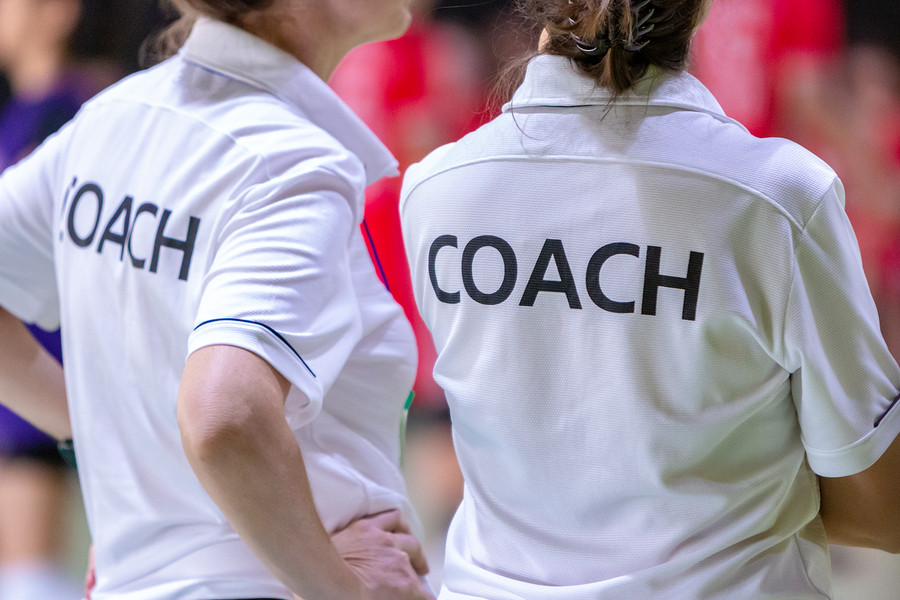
As coaching staff, as team... To what extent is it true? Can the mindset of the coaching team and the dynamics between the members influence the performance of the athletes or the whole team?
Let's start from childhood. Since the day we are born, we learn through observation of our environment. We observe how the world works, how adults around us behave, how they walk, how they eat, or how they dress. But that's not all. For example, we also notice how adults behave when they are angry, sad, when they fail or when they have to solve a problem together. Thanks to the so-called „mirror neurons“, we can then imitate these behavior patterns. In fact, we are very likely to carry these patterns with us for the rest of our lives.
Family is not the only environment that shapes us. We also copy the attitude of teachers at school. At work, we are influenced by the behavior of our superiors and colleagues. To simplify, we are social beings who have been living in communities that shape us for thousands of years. And the community is shaped by leaders or authorities.
Just as children carry patterns of behavior from their parents, students from teachers and staff from management, athletes gradually imitate behavior of the whole coaching staff, not only head coach. The younger they are, the more they are likely to adapt to the coaching staff mindset. The coaching team is a role model, the creator of the required mindset, and the creator of the environment for athletes. A team that is highly driven in the game is usually led by energetic coaching staff. Disunity in the requirements of coaching staff builds confusion and tension in players. This then negatively affects their concentration or motivation.
So, yes. The mindset of the coaching staff directly affects the performance of the athletes or the whole team.
It is therefore important that:
- The coaching staff has a clear definition of what they require from the athletes. In order to speak in a "united language" - e.g. responsibility not only in the match but also in regeneration, warm-up, or fitness training
- Each member of the coaching staff sets an example in what they require from athletes
- Each member of the coaching staff requires united principles from the athletes
- Each member of the coaching staff shares information and their observations about athletes. Each information contributes to the complexity of the view of athletes and helps to increase their development
- Each member of the coaching staff knows and is identified with their formal and also informal role in the coaching team
- There was open communication and constructive feedback in the coaching staff. It is the basis for a quality interpersonal relationship
- The members of the coaching staff are supportive for athletes under pressure, they set an example for how to handle pressure in a constructive way
- The members of coaching staff always speak positively and supportive about other members in front of athletes
The athletes and teams will always be influenced by the mindset and attitude of coaching staff. How they behave under the pressure, how they support each other, how they react to failure - all this will create an atmosphere and set clear principles in the team. Gradually, the athletes take over the mindset and internalize it. So, if you want your athletes to be resilient, proactive, responsible, or confident - firstly, you need to look at yourself and our coaching staff. Do you set an example? If not, it is your duty to start with yourself.